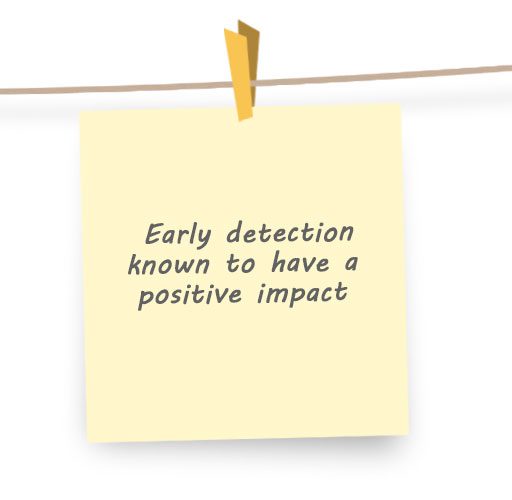Genetic Testing for Newborns




Potential Benefits
Clear and Actionable Results
Clear and concise reporting of diagnostic results that are medically actionable. Early diagnosis and intervention can make the difference on a child’s health and quality of life.
Expanded Coverage of Conditions
Standard newborn screening varies state by state and is limited to mostly biochemical metabolic diseases. Go beyond the standard.
Simplified
Results are provided directly to your pediatrician or provider with clear follow-up recommendations. This test can reduce complex follow-up testing or “diagnostic odyssey” for affected infants.
Rate of consanguinity marriage in some countries (same Oman) is higher than others. So, it can increase the incidence of inborn error of metabolic disorders in the mentioned countries.
This test helps your doctor to find some of them before any symptoms and signs of disorder in the newborn and your baby.
Bion medical genetic laboratory can help you to do this test.
At BION Genetic Laboratory, we offer Enzymes and Biomarkers Tests for New-born as complementary to genetic testing, as A genetic test alone may not be able to provide the information needed for a final diagnosis.
-
Enzyme assays use for detection of these disorders
-
Oligosaccharidosis and Sphingolipidoses
- Wolman disease (Acid lipase)
- Pompe disease (Alpha-glucosidase)
- Fucosidosis (Alpha-fucosidase)
- Fabry disease (Alpha-galactosidase)
- Alpha-mannosidosis (Alpha-mannosidase)
- Schindler/Kanzaki disease (Alpha-N-acetylgalactosaminidase)
- Gaucher disease (Beta-glucocerebrosidase)
- Tay-Sachs disease (Beta-hexosaminidase)
- Beta-mannosidosis (Beta-mannosidase)
- Sandhoff disease (Total-hexosaminidase)
-
Neuronal Ceroid Lipofuscinosis
- Santavuori-Haltia disease (Palmitoyl-protein- thioesterase)
- Jansky-Bielschowsky disease (Tripeptidyl-peptidase)
-
Mucopolysaccharidosis
- Hurler syndrome (MPS I) (Alpha-L-iduronidase)
- Hunter syndrome (MPS II) (Iduronate-2-sulfatase)
- Sanfilippo syndrome B (MPS III B) (Alpha-N-acetylglucosaminidase)
- Morquio syndrome A (MPS IV A) (N-acetylgalactosamine-6-sulfate-sulfatase)
- Morquio syndrome B (MPS IV B) (Beta-galactosidase)
- Maroteaux-Lamy syndrome (MPS VI) (Arylsulfatase B)
- Sly syndrome (MPS VII) (Beta-glucuronidase)
-
-
Biomarkers assays use for detection of these disorders
- Gaucher disease (Glucosylsphingosine (lyso-Gb1))
- Fabry disease (Lyso-ceramide trihexoside (lyso-Gb3))
- Niemann-Pick disease type A/B/C (Lyso-SM-509)
- Aromatic L-amino acid decarboxylase (AADC) deficiency (3-O-methyldopa (3-OMD))
- Hereditary angioedema (HAE) (Complement C4-alpha peptide and Complement C1-INH pepTide




